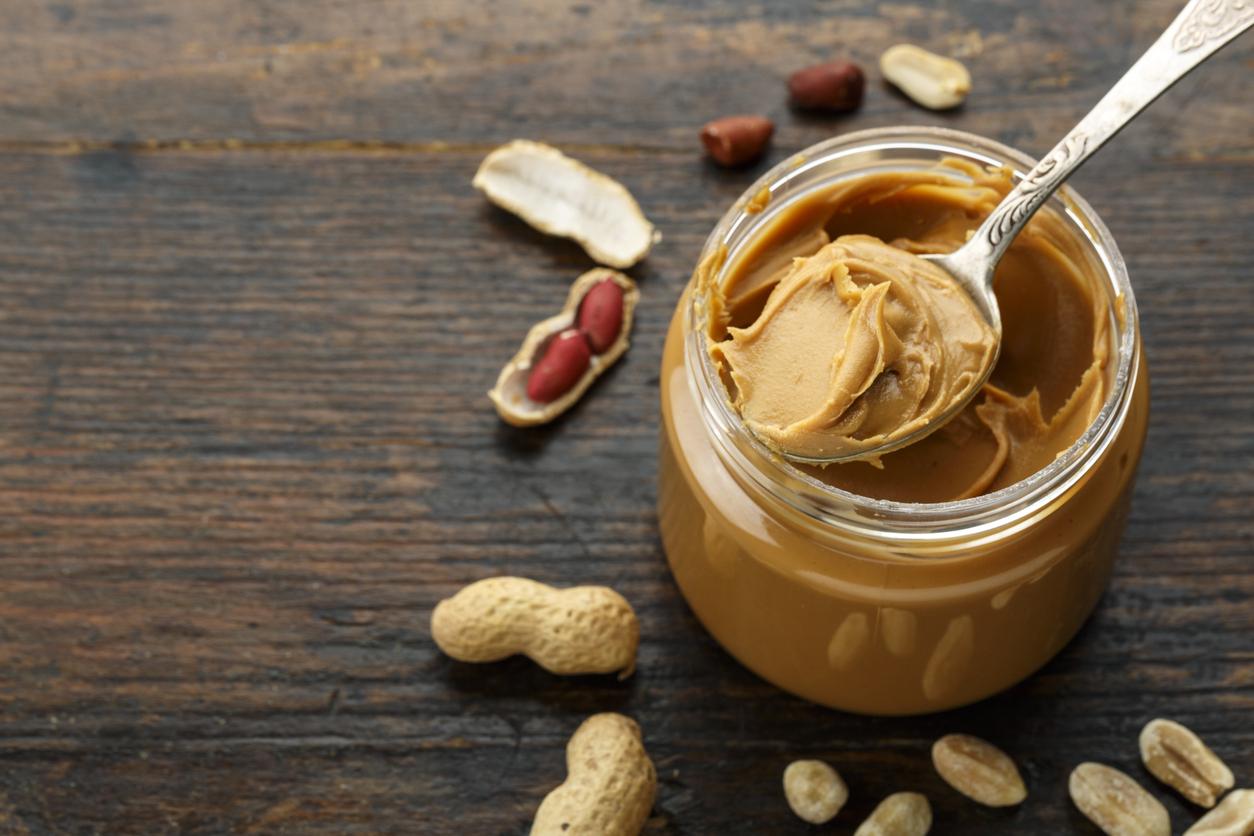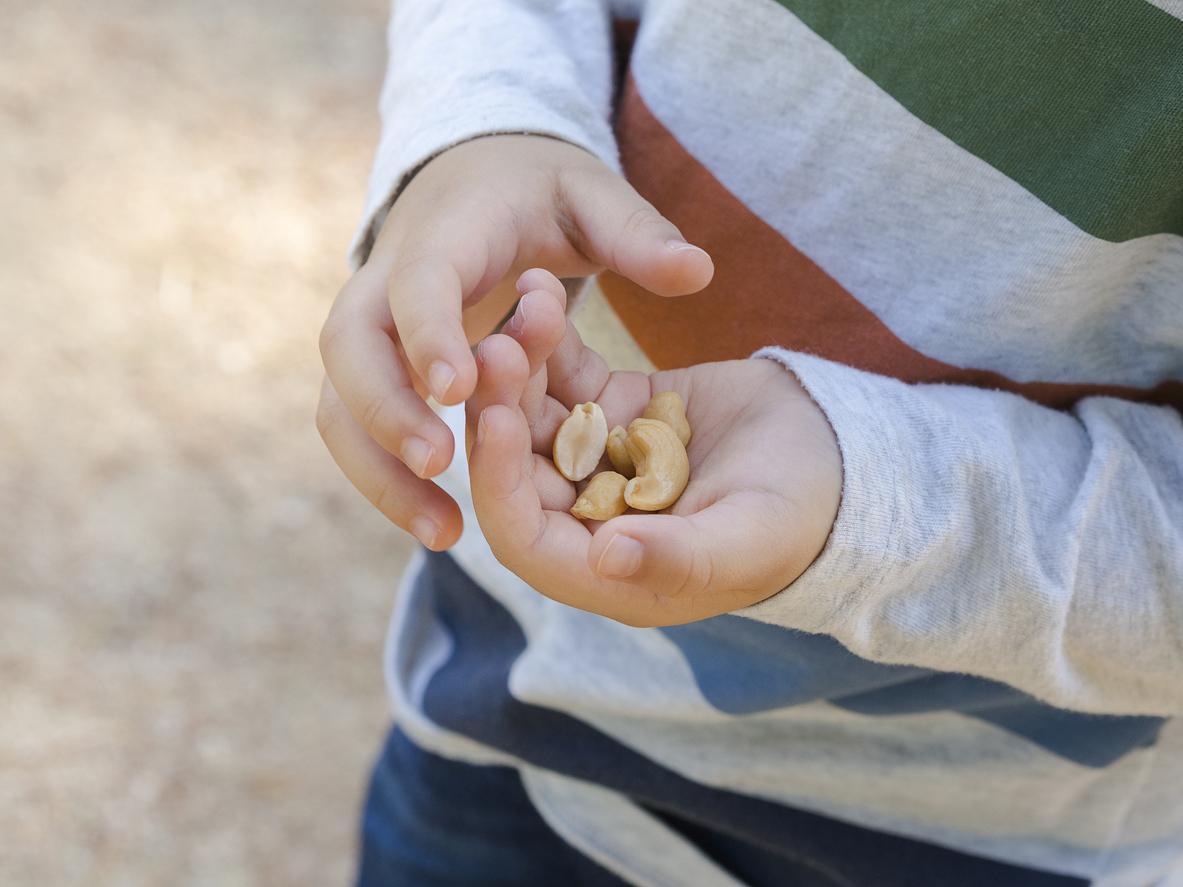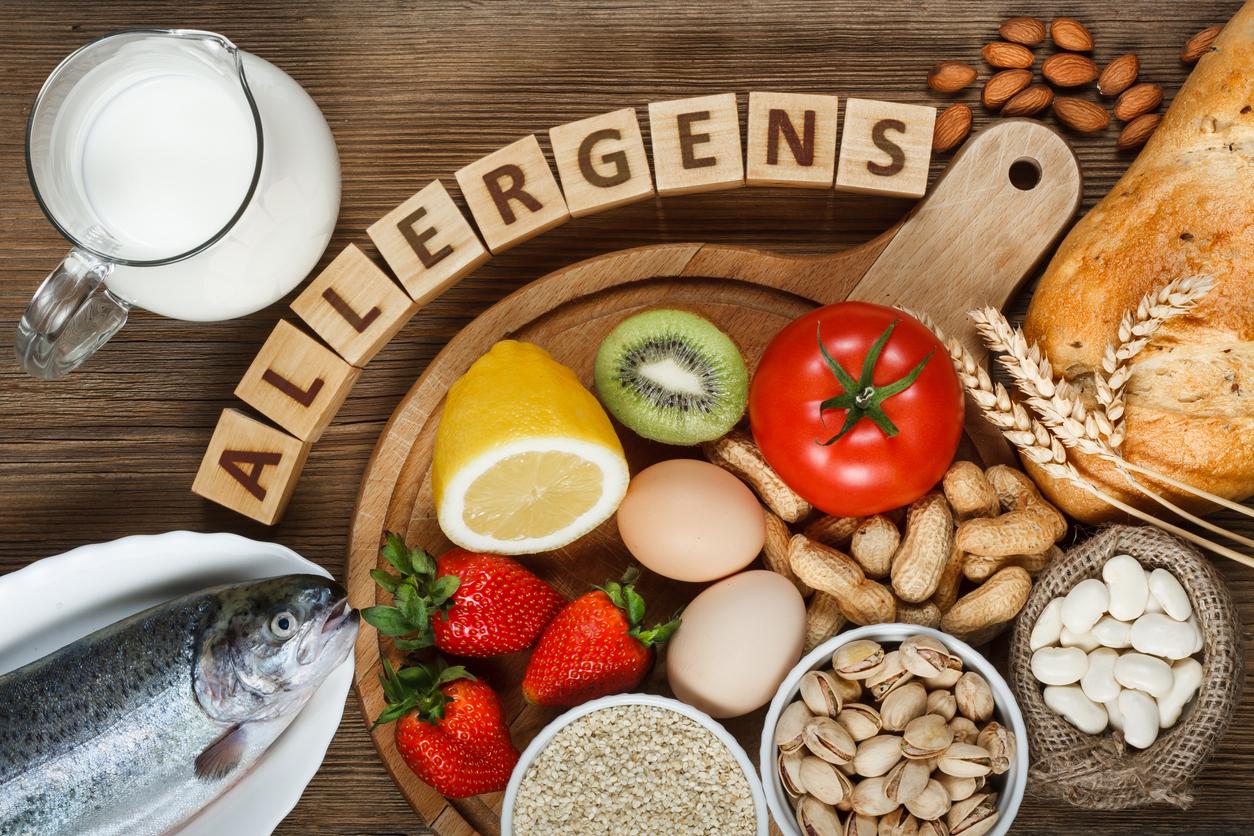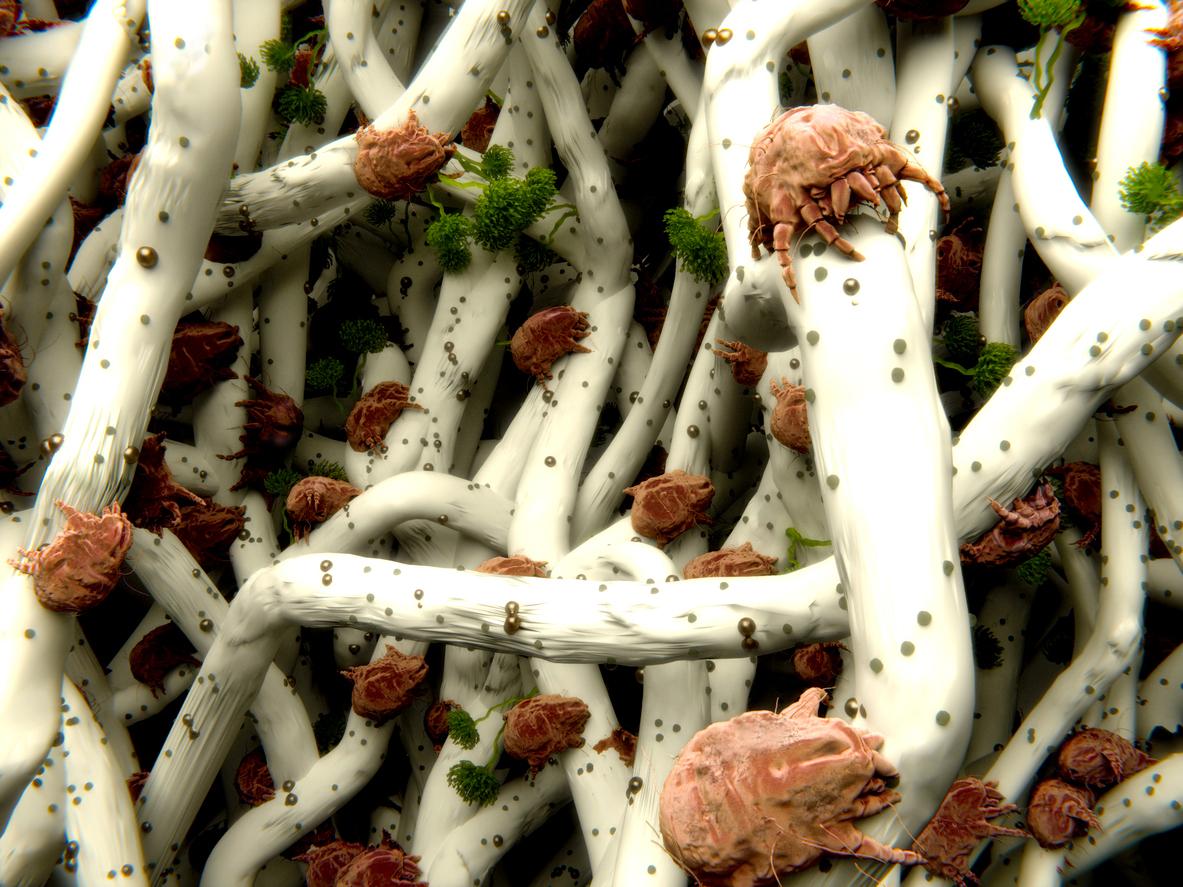Exposing babies to peanuts as early as possible can reduce their risk of developing food allergies as they grow, a new study suggests.

- Exposing babies to peanuts early reduces the risk of food allergies later, a new study finds.
- Regular consumption before the age of five significantly reduces this risk.
- This risk remains low even if, after five years, the child no longer consumes peanut products for a long time.
What if the solution to not being allergic to peanuts was to be exposed to them from a young age? This is what a study suggests, the results of which were published in the journal NEJM Evidence.
Babies who eat peanut butter have fewer allergies
The work highlights the results of three clinical trials. In the first, the 640 young participants were divided into two groups: those who regularly ate peanut butter until the age of five and those who avoided this product. Thus, the researchers observed that early exposure to peanuts led to an 81% reduction in the risk of peanut allergy by the age of five.
In the second clinical trial, the same children participated. They were asked to avoid peanuts between the ages of 5 and 6. Results: Most babies who had been exposed to peanuts up to age 5 did not have allergies by age 6.
Finally, the third study selected 508 children from the 640 who participated in the two previous trials. The average age was 13 years. Among them, 255 had been exposed to peanuts early and 253 others had avoided them. They were exposed to peanuts under medical supervision. Thus, the researchers were able to measure that the risk of developing an allergy in adolescence was reduced by 71% if peanut consumption began early and was regular until the age of 5.
The researchers point out that these results were also valid when the children did not eat peanut products for a long period of time. This reinforces their conclusions: regular consumption of peanuts before the age of five reduces the risk of allergy to this product later, regardless of subsequent consumption after the age of five.
Incorporate peanuts into baby’s diet “as early as possible”
“Parents may be told that “the sooner the better,” especially for babies with eczema.“, explains Gideon Lackone of the study’s authors, because these infants would have a higher risk of developing food allergies. However, the child must be developmentally and neurologically ready to eat solid foods and be able to coordinate chewing and swallowing without the risk of choking. Most babies will be able to begin weaning between four and six months, but each baby is an individual and must be assessed individually.”
Gideon Lack recommends feeding peanut foods in a soft puree form to make swallowing easier and reduce the risk of choking.We do not recommend introducing solids before three months of age.”, he insists.
In France, 25 to 30% of the general population has an allergy, whether food, air, medication or venom, depending on health insurance which indicates that their frequency has been increasing steadily for several years.


















